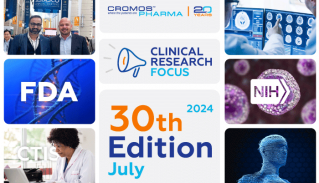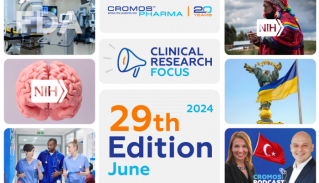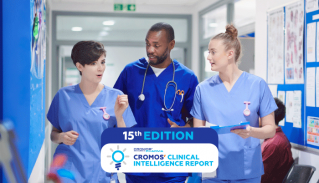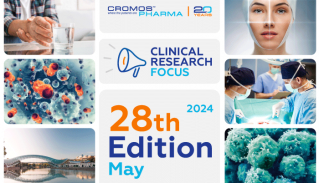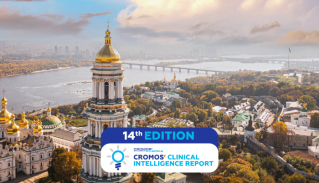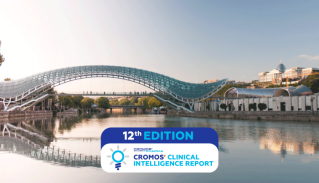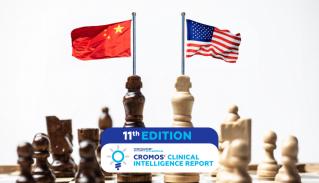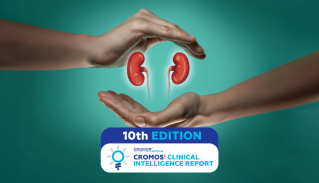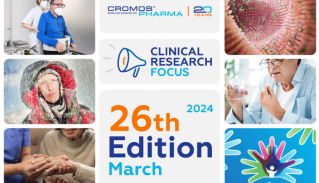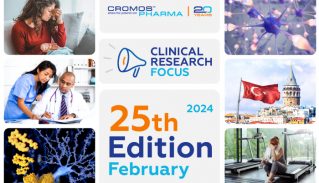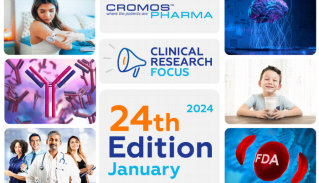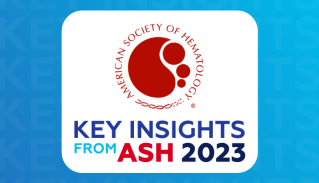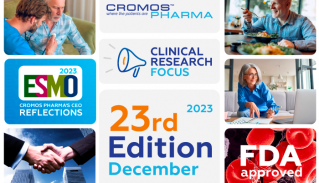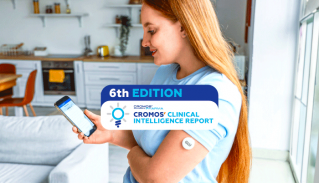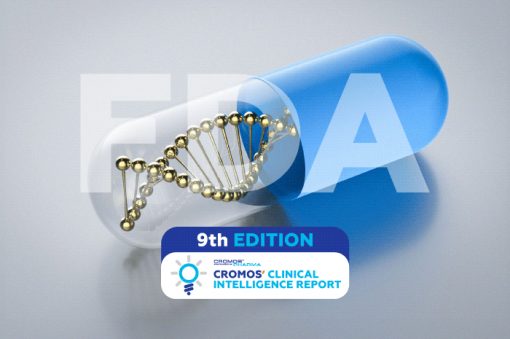
Navigating the Future of Gene Therapy
In January 2024, the FDA issued a guidance document, outlining critical considerations in the clinical development of CRISPR/CAS9 drug candidates. This guidance addresses the nuanced challenges associated with the development of human gene-edited (GE) products, placing particular emphasis on mitigating risks linked to both the gene therapy product itself and the gene editing process.
Key Considerations Outlined in the Guidance:
- Study Population: Tailoring the study population based on the product’s mechanism of action, study rationale, and potential risks is crucial. First-in-human trials are recommended to enroll subjects with no other treatment options, considering factors such as disease severity and alternative therapeutic options.
- Dosing and Dose Schedules: The guidance stresses the importance of safe and effective product delivery methods to minimize adverse events. Dosing should be supported by comprehensive nonclinical data, guided by previous clinical experiences with similar products.
- Treatment Plan: To mitigate risks, staggered subject enrollment with specified time intervals between administrations is recommended. The interval should be sufficient to detect acute and subacute adverse events, with the study cohort size based on patient population size and acceptable risk.
- Monitoring and Follow-Up: Comprehensive safety monitoring, toxicity grading system, and toxicity management plans are highlighted. Monitoring should include off-target editing and unintended consequences, with long-term follow-up recommended for up to 15 years.
- Study Endpoints: The guidance suggests aligning endpoints with the proposed indication, reflecting clinically meaningful effects. Accelerated approval may be considered for serious conditions, with selected surrogate or intermediate endpoints.
- Special Considerations for Research Involving Children: Justifying enrollment of children based on anticipated direct clinical benefit, supported by evidence-based data, is encouraged. Preliminary data from adult subjects should be obtained first.
- Communication with FDA: Early communication with the FDA’s Office of Therapeutic Products is encouraged. Utilizing pre-IND meetings and INTERACT meetings for regulatory advice can aid in addressing product-specific considerations.
Upcoming Webinar:
The FDA Center for Biologics Evaluation and Research (CBER) Office of Therapeutic Products (OTP) is hosting a virtual public webinar on Thursday, February 29, at 1:00 pm EST. This session will delve into the recently finalized guidance on developing human gene therapy products incorporating human genome editing. Aimed at assisting industry professionals, the webinar will provide valuable insights for crafting IND applications and optimizing design, manufacturing, and testing approaches. Don’t miss this opportunity to stay ahead in the evolving landscape of gene therapy development. The deadline to submit questions via registration is February 13, 2024. Register for the webinar using the link provided and join the conversation.


